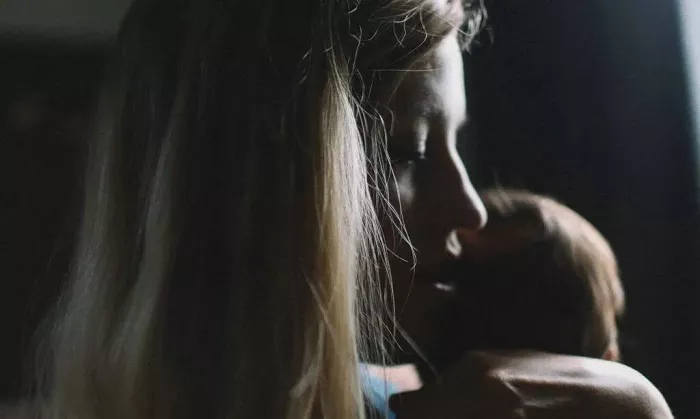For many new mothers, the journey through postpartum recovery is filled with emotional and physical challenges—from sleepless nights to shifting identities. But one silent struggle often goes unspoken: postpartum hair loss.
A recent survey conducted by NewBeauty gathered responses from over 1,300 women, revealing a shared thread among mothers: hair loss after giving birth is not just a cosmetic concern—it’s an emotional one. Their candid reflections offer a powerful glimpse into how deeply postpartum hair loss can impact confidence, identity, and self-perception.
“I Didn’t Feel Like ‘Me’ Anymore”
For some women, the intensity of the shedding came as a shock. “After my second baby, the postpartum hair loss was intense,” shared a 38-year-old mother. “I lost so much hair that I had to cut it to my shoulders just to even out the regrowth—two years postpartum. I didn’t feel like ‘me’ anymore.”
This sentiment was echoed by a 41-year-old mom who described the emotional toll as ongoing: “It’s really taken a chunk out of me emotionally. I’m constantly in fear I’m going to go bald, I’m losing so much hair.”
Quiet Battles and Lingering Insecurities
While postpartum hair loss is common—caused by hormonal fluctuations that disrupt the normal hair growth cycle—it doesn’t feel “normal” to many experiencing it. A 35-year-old mother said, “I have to lighten my hair color before dyeing it, and that makes it look even thinner. It makes me very self-conscious.”
Another mom, aged 33, described how postpartum hair thinning has become a quiet, daily battle. “Judging myself in the mirror and pictures for the postpartum thinning at my forehead… It doesn’t stop me from going out, but I do want to improve it.”
Some mothers are reminded of their experience every time they style their hair. “Hair thinning due to postpartum shows what I’ve been through,” said a 35-year-old. “Pregnancy was beautiful, and the thinning reminds me of that. But my self-care routine is longer and more frustrating because of all the baby hairs.”
When Hair Health Becomes Emotional Health
For many, the struggle with postpartum hair loss isn’t purely about looks—it’s about confidence. “Since I had a baby, my hair has been significantly thinner,” said a 40-year-old participant. “I feel less confident about my appearance. I wish it would grow faster and have fewer grays.”
Another 30-year-old mother of two spoke to the deeper sense of loss: “Both pregnancies I’ve felt extremely self-conscious of my hairline and defeated because nothing would work quickly enough to gain my confidence back.”
Finding Strength in Shared Stories
Experts note that while postpartum hair loss is typically temporary, the emotional impact can last far longer. Incorporating hair health tips—such as using gentle, sulfate-free shampoos, avoiding heat styling, and nourishing the scalp—can help support recovery. Consulting a professional about hair health advice tailored to postpartum needs may also offer reassurance and results.
But for many mothers, the healing starts with something even more vital than a product: being heard.
Motherhood transforms a woman in countless ways. And for many, that includes redefining beauty—not just in the mirror, but in the strength it takes to embrace change. As one mother concluded: “It’s not just hair. It’s how I feel when I look at myself. And that matters.”
Related Topics:
- From Luxury to Legacy: Woman Finds Hair Health Revival with Ancient Rice Water Remedy
- Chlorine-Proof Hair Health Tips Every Blonde Should Know This Summer
- Trump Greeted by Traditional Hair-Flipping Dance During UAE Visit


